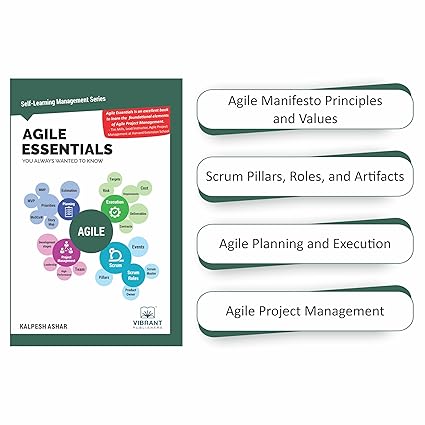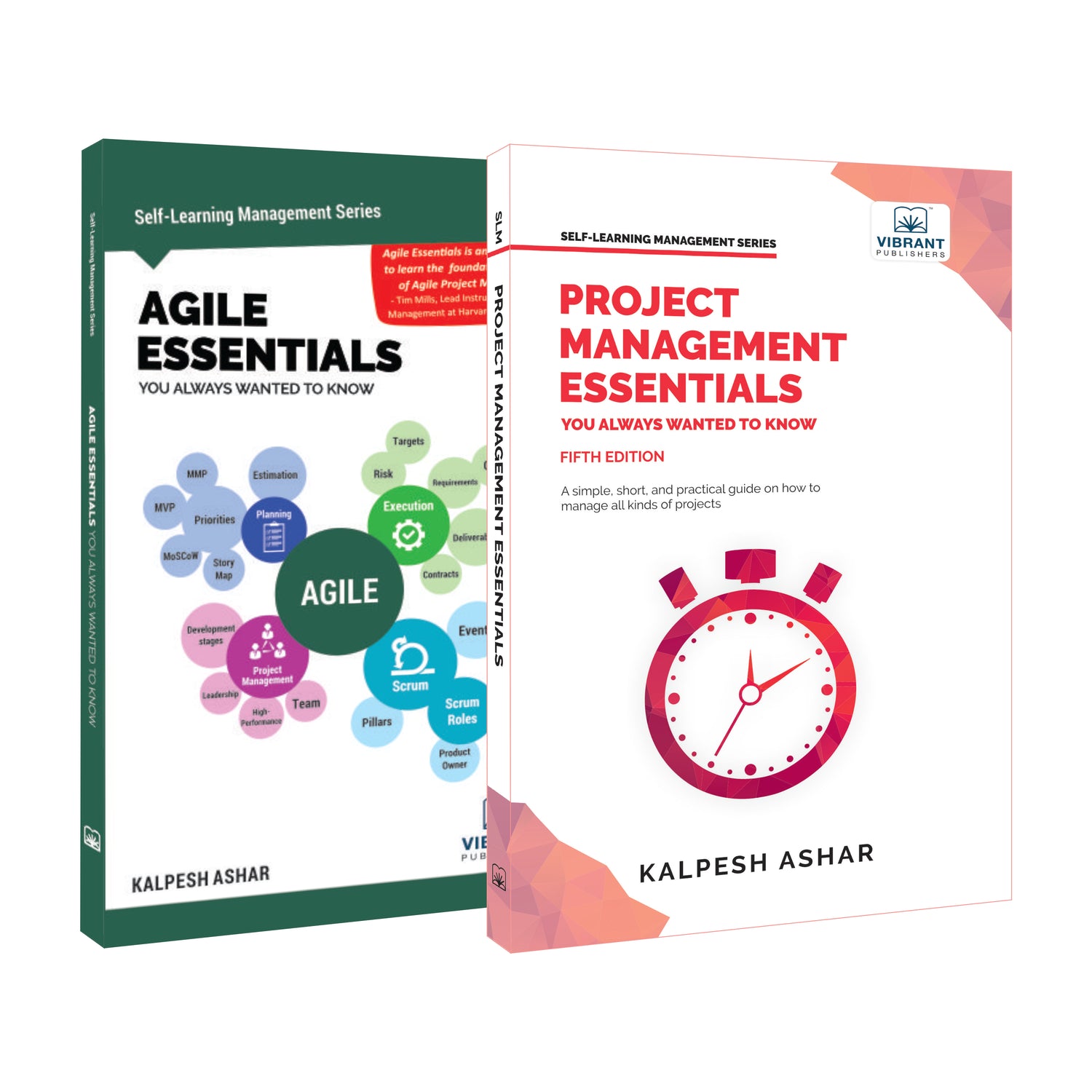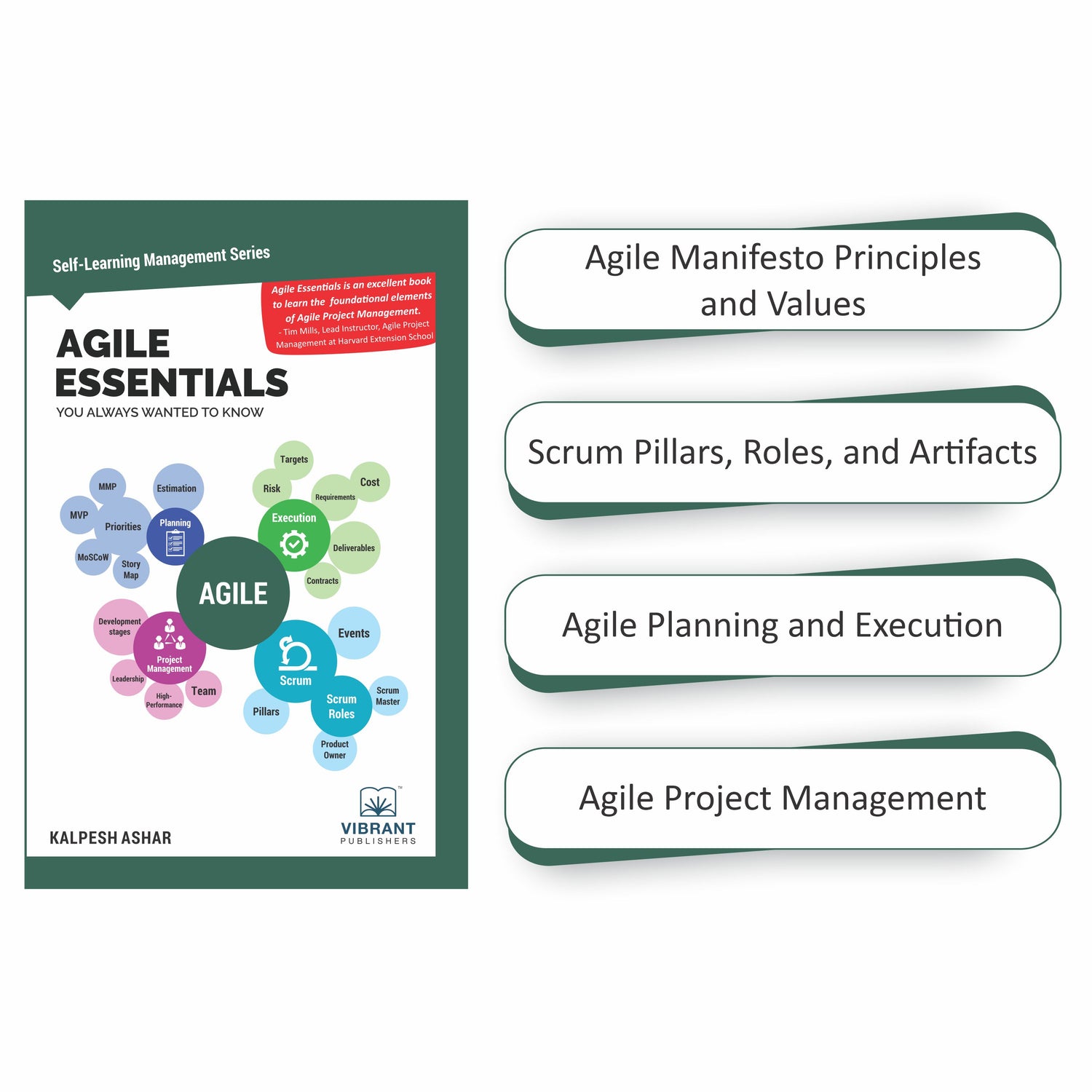
GRE ANALYTICAL WRITING SUPREME—YOUR GUIDE TO WRITING WELL IN THE GRE
Introduction
You’ve registered for the GRE test, selected a test center, and have scheduled your test dates. Now you’ve buckled down to the real business of studying, and the words “Analytical Writing” don’t sound nice. Maybe you’ve been flipping through your GRE guides or surfing the internet to understand what exactly the Analytical Writing section is. (It does sound technical, but we promise you it isn’t). At first glance, terms like ‘issue task’ and ‘argument task’ may seem bewildering. But don’t worry—we’ve got you covered. By the end of this blog, you’ll know just what the Analytical Writing section of the GRE is. You’ll also be informed on an important learning resource that can help you ace the Analytical Writing section—the well-loved GRE Analytical Writing Supreme.
What’s in this Blog?
- Understanding the GRE Test Format
- Brief Overview of GRE Analytical Writing
- How GRE Analytical Writing Supreme: Solutions to the Real Essay Topics Can Help
- End Note
Understanding the GRE Test Format
Let’s look at the GRE General Test first and what it contains. The GRE General Test tests three specific abilities of test-takers—verbal reasoning, quantitative reasoning, and analytical writing.
Verbal Reasoning
The verbal reasoning section examines your ability to read and comprehend material taken from the subject disciplines of the humanities, social sciences, and natural sciences. This section is MCQ-based and is comprised of three main types of questions: Reading Comprehension, Text Completion, and Sentence Equivalence. This section tests your ability to understand the meaning of words in context, different kinds of meaning (literal, figurative & author’s intention), and identify the perspective or viewpoints of the author of the written material.
Quantitative Reasoning
The quantitative reasoning section analyzes your ability to evaluate quantitative information and solve numerical problems according to the instructions specified. Your knowledge of basic math skills and concepts in arithmetic, algebra, geometry, and data analysis is tested. Questions in this section cover topics from arithmetic, algebra, geometry, and data analysis. There are four types of questions that can be asked: Quantitative Comparison Questions, Multiple-choice Single Answer Questions, Multiple-choice Multiple Answer Questions, and Numeric Entry Questions.
Analytical Writing
The Analytical Writing section measures your ability to present viewpoints in a clear and logical way and how well you support your ideas with reasons and examples. This section is divided into two parts—Analyze an Issue and Analyze an Argument task. In the Analyze an Issue task, you will be given an opinion and asked to evaluate it and develop your own viewpoints backed by supportive, logical reasoning. In the Analyze an Argument task, as the name suggests, an argument is presented. Here, you’ll have to evaluate the strength of the argument and how valid it is, rather than supporting or countering it with your own views.
For more information on the structure and format of the GRE General Test, you can visit the official ETS website.
Brief Overview of GRE Analytical Writing
Now that you’ve received a brief idea of what the GRE General test contains, let’s proceed to the highlight of this blog: an in-depth look at the Analytical Writing section. As mentioned earlier, the Analytical Writing section includes two tasks: Analyze an Issue and Analyze an Argument.
Analyze an Issue task
In this task, you will be given the opportunity to express your viewpoints on an issue. There is no ‘right’ or ‘wrong’ opinion in this case, but you should be able to persuasively express your viewpoint and support it with reasonable, logical evidence. Here, you can either agree with the issue presented or oppose it. Whatever position you choose, you need to explain your reasoning and why you support that particular position.
Take a look at how the Issue prompt is structured in the GRE Analytical Writing Supreme book:

Analyze an Argument task
This task is slightly different from the Issue task. In this task, you will be asked to evaluate the strength of an argument based on the evidence and assumptions on which it is based. The directions give you the choice to choose any of the given approaches while writing the essay. Here, you don’t have to support or oppose the point of view of the argument. You have to identify the implicit and explicit assumptions stated in the argument. You may be asked to state what additional evidence is needed, what kind of questions need to be answered before accepting a recommendation, or whether a prediction based on the argument is reasonable.
Take a look at how the Argument prompt is structured in the GRE Analytical Writing Supreme book:

How GRE Analytical Writing Supreme: Solutions to the Real Essay Topics Can Help.
It may easily be overwhelming to think about the large number of topics and sub-topics that GRE Analytical Writing essays are based on. If you’ve read this far, you may be wondering about the prompts and how you need to prepare for this section of the GRE. How do you pick relevant essay topics to practice? And how do you know what a high-scoring essay looks like?
That’s where GRE Analytical Writing Supreme can help. This book includes a whopping 145 essays taken from the official pool of Issue and Argument topics listed by the ETS. For every issue and argument task, there are detailed sets of instructions that will act as a guide to writing the actual essay. There are six ways to approach an essay, known as ‘prompts.’ (You’ve already seen snippets of what the prompts look like in the images above). The book covers each and every method of approaching and writing an essay. Each essay includes a comprehensive list of instructions in the style of the actual prompts you’ll find on the test day.
The book covers 145 essays from a number of disciplines, including:
- Education
- Government & Politics
- Philosophy
- Science & Technology
- Society
This all-in-one guidebook teaches you the expected methods of approaching and structuring an essay. As you read through the sample essays, you’ll understand what a high-scoring essay looks like and how you can learn to write in the same way. Eventually, as you work through the book and familiarize yourself with the style of the analytical writing section, you will be able to grasp the technique of writing the essays.
End Note
The Analytical Writing Section is designed to assess your critical thinking and analytical writing skills, examine how well you are able to decipher the prompt and structure an essay, and evaluate your ability to construct and sustain an argument. Ultimately, the aim of this section is to ensure that your writing skills are at the level required for higher studies. You may be a good writer, but without the knowledge of what type of prompts there are and how essays need to be structured, you will find this part of the GRE rather overwhelming.
If you have GRE Analytical Writing Supreme, you don’t need to stress. With all the essential essay topics included and all the types of prompts thoroughly dissected, this book will be your guide to scoring well in the analytical writing section of the GRE. Eventually, your writing skills will also improve, an added benefit that will help you beyond the GRE.
To know more about GRE Analytical Writing Supreme: Solutions To The Real Essay Topics, click here.
You may also be interested in other GRE-related books:
GRE Verbal Reasoning Supreme: Study Guide with Practice Questions
GRE Quantitative Reasoning Supreme: 520 Practice Questions
Study smart and practice well. All the best!
Share











